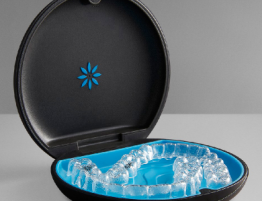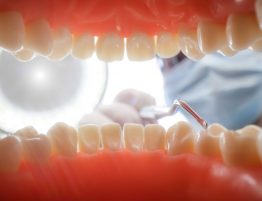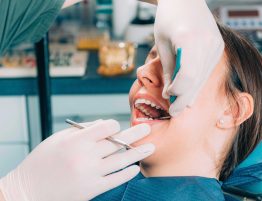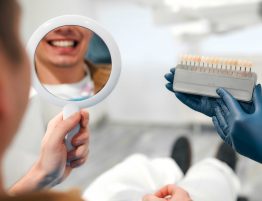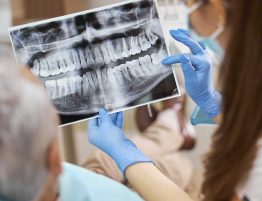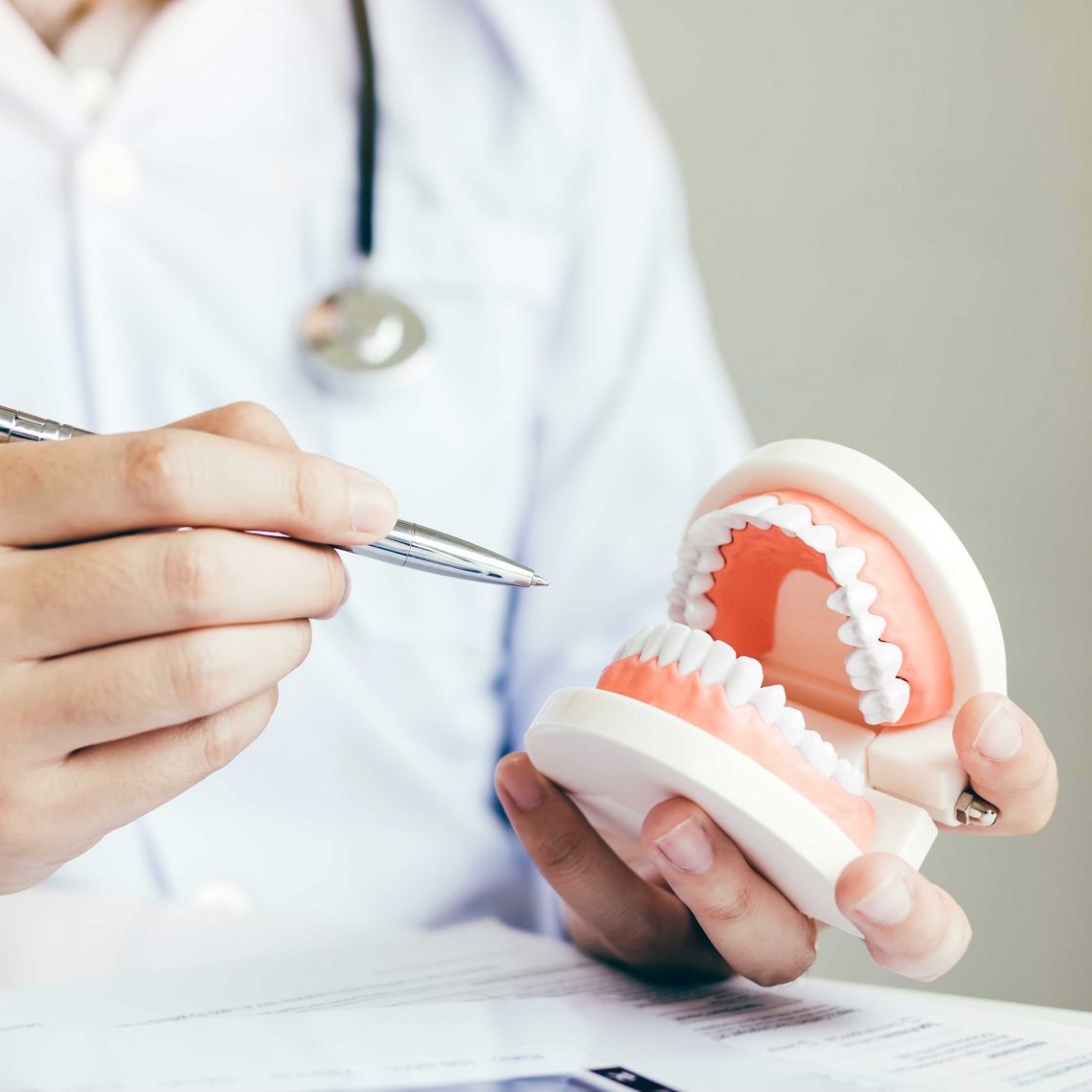
What Is A Water Flosser?
Water flosser is a device that serves to remove plaque, food, and bacteria from your mouth. It bring a stream of water into the mouth and remove plaque, food particles, and bacteria. They also create a pulsating action, which stimulates the gum tissue.
There are many types of water flossers. All of them have a fairly similar design. They have a reservoir, a special nozzle, and an electric motor that powers the pump.
How To Use A Water Flosser?
All you’ll need to do is place the tip of the water flosser in your mouth, close your lips most of the way, and lean over a sink. Once you turn the power on, floss along your gumline and between your teeth. Be sure to allow the water to empty from your mouth into the sink.
The ideal time to use a water flosser is before you brush your teeth. This is because doing so can allow you to remove food debris and plaque. When you use a water flosser before brushing your teeth, teeth brushing becomes more effective.
How To Clean A Water Flosser?
It is recommended that you clean your water flosser every one to three months. For cleaning, you should use water, vinegar and a dishwasher.
There are three simple bits of advice on how to clean water flosser:
Clean the water reservoir and the reservoir lid. Remove the water reservoir and reservoir valve by pushing it from the back. Clean the lid by rubbing it with warm water and set it aside. Put the reservoir into your dishwasher and make sure to remove it before the heated dry cycle. Insert the lid, top side up.
Clean the internal components of your water flosser. After you clean the reservoir and valve, put the reservoir back on top of your machine. Mix 2 to 4 tablespoons of white vinegar together with some warm water. Pour it into the reservoir and run half of it through the flosser. Turn the water flosser off and put the handle in the sink. This way, the water and vinegar solution can slowly drain out the handle. 20 minutes later, run the rest of the liquid through and then clean it with warm water.
Clean the flosser tip and the surface of the handle. To clean the surface of the handle, push out the tip using the eject button. Then immerse the handle in a container of white vinegar for about 7 minutes. After that, rinse the handle. To clean the tip, put it in white vinegar for 5 minutes. You can also use hydrogen peroxide as well, just don’t forget to rinse the tip.
Advantages of Water Flossers:
Water flossers are particularly useful if your gums are sensitive or you have some other gum-related problems. A water flosser is also great for cleaning braces, crowns, bridges, and other dental implants.
Disadvantages of Water Flossers:
Perhaps the main disadvantage of a water flosser is the cost. A water flosser can be expensive to purchase and will need space to be stored. It requires access to electricity and water, making it difficult to use outside of the home or while traveling if you do not choose a cordless option.
Which is More Effective, Water, Air or Dental Floss?
Many studies have compared water flossing, air flossing and traditional string floss. Overall, the American Dental Hygienists Association recommends water flossing over string dental flossing. Water flossers are effective at removing plaque and reducing gingival bleeding more than string floss. A water flosser is also particularly useful for those with limitations including arthritis or braces, where maneuvering string floss can be difficult.
In a study published in 2012 in the Journal of Clinical Dentistry, clinicians found that that the water flosser reduced significantly more plaque from tooth surfaces than the air flosser.
• The water flosser was 80% more effective for gingivitis reduction than air floss.
• The water flosser was 70% more effective for plaque reduction.
• The water flosser was 2X as effective for plaque removal from lingual surfaces and 3X as effective at the gingival margin than air floss.
• The findings show the Water flosser removes more plaque than the Air Floss.
As a result,
A water flosser can be a lifesaver, especially if you are wearing braces or suffer from gum disease. But there are numerous other factors that affect our dental hygiene, such as genetics, the shape of your teeth, their alignment, and whether you have dental implants. Should you require the expert opinion, set up an appointment and consult with your dentist.



